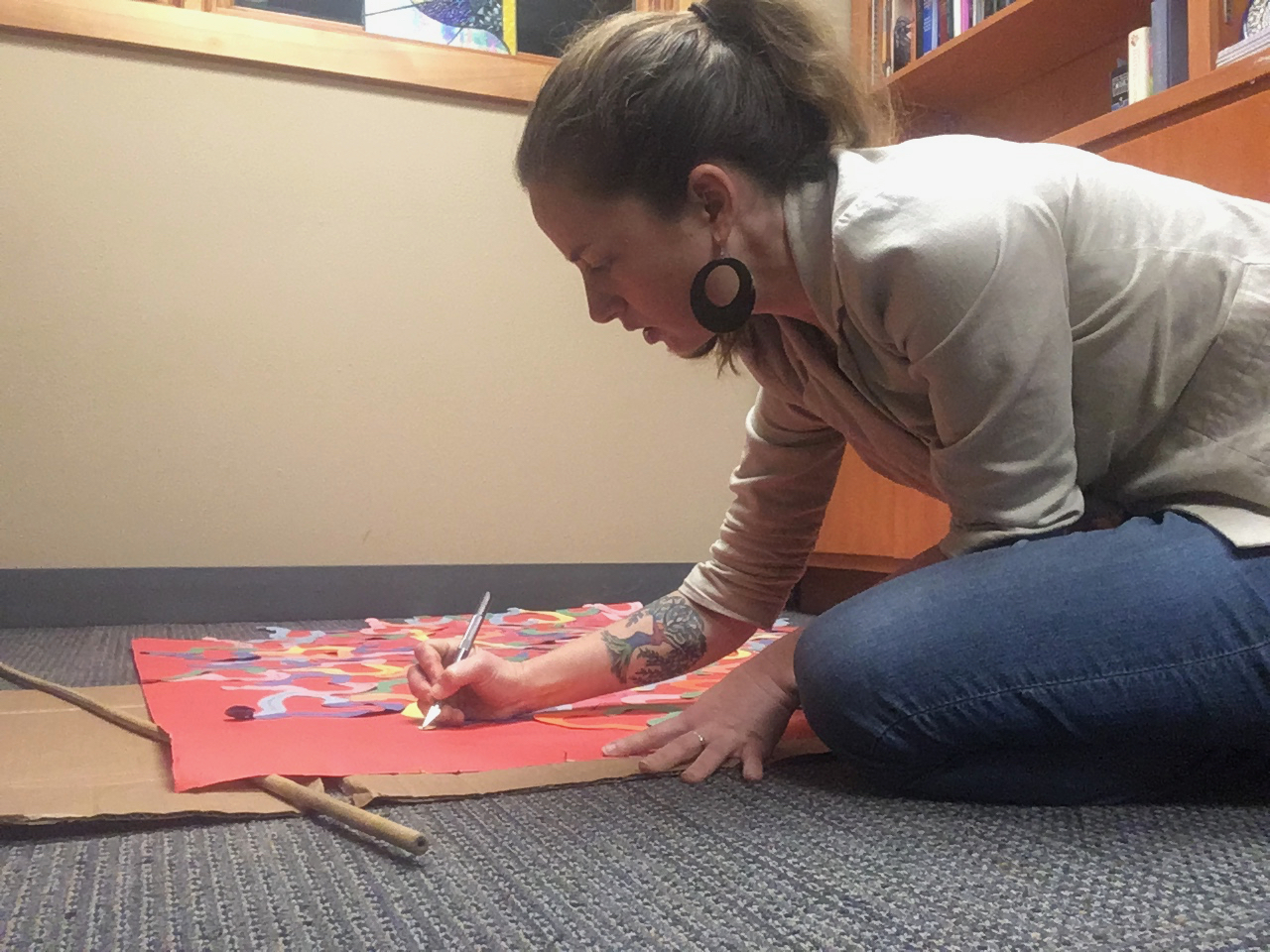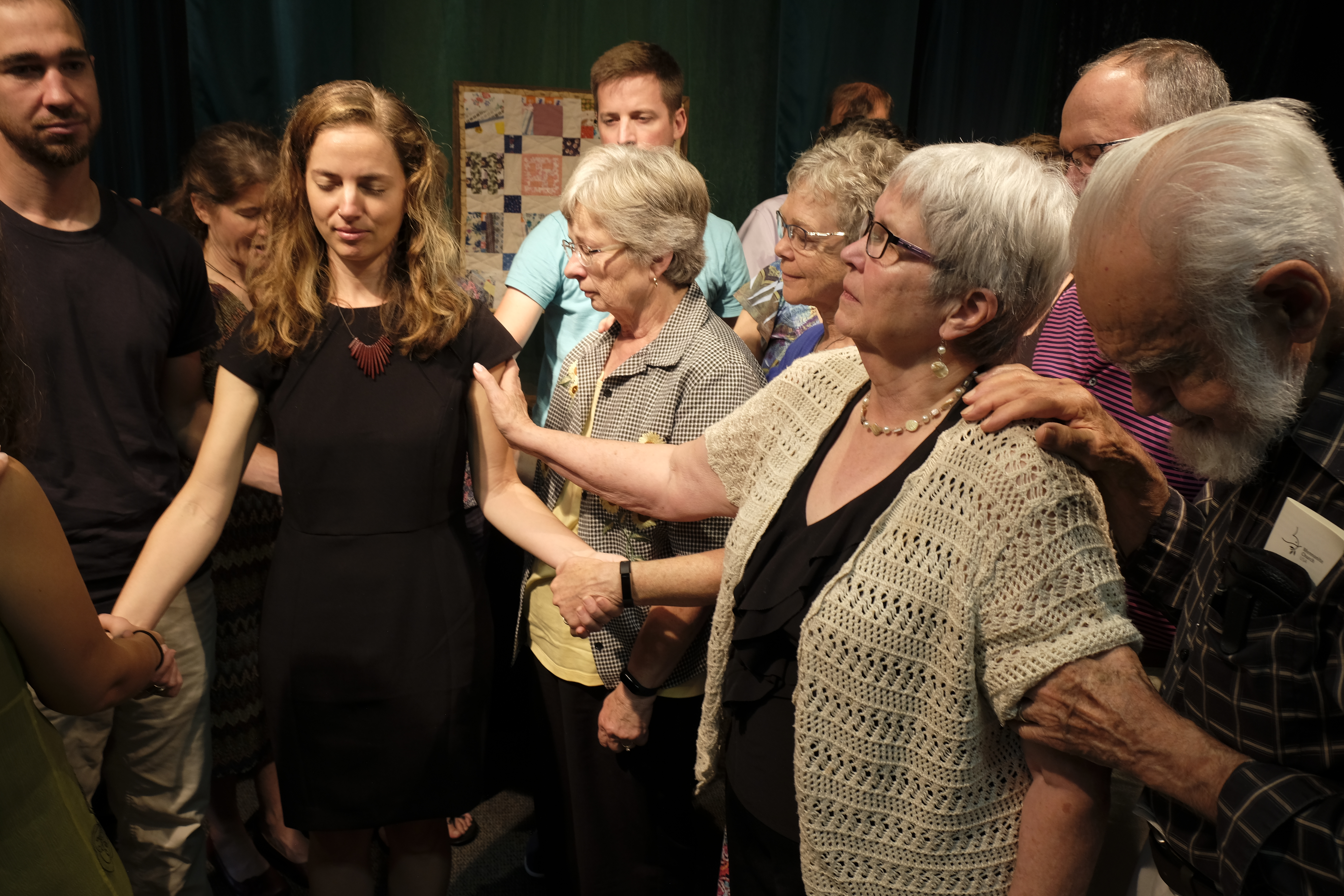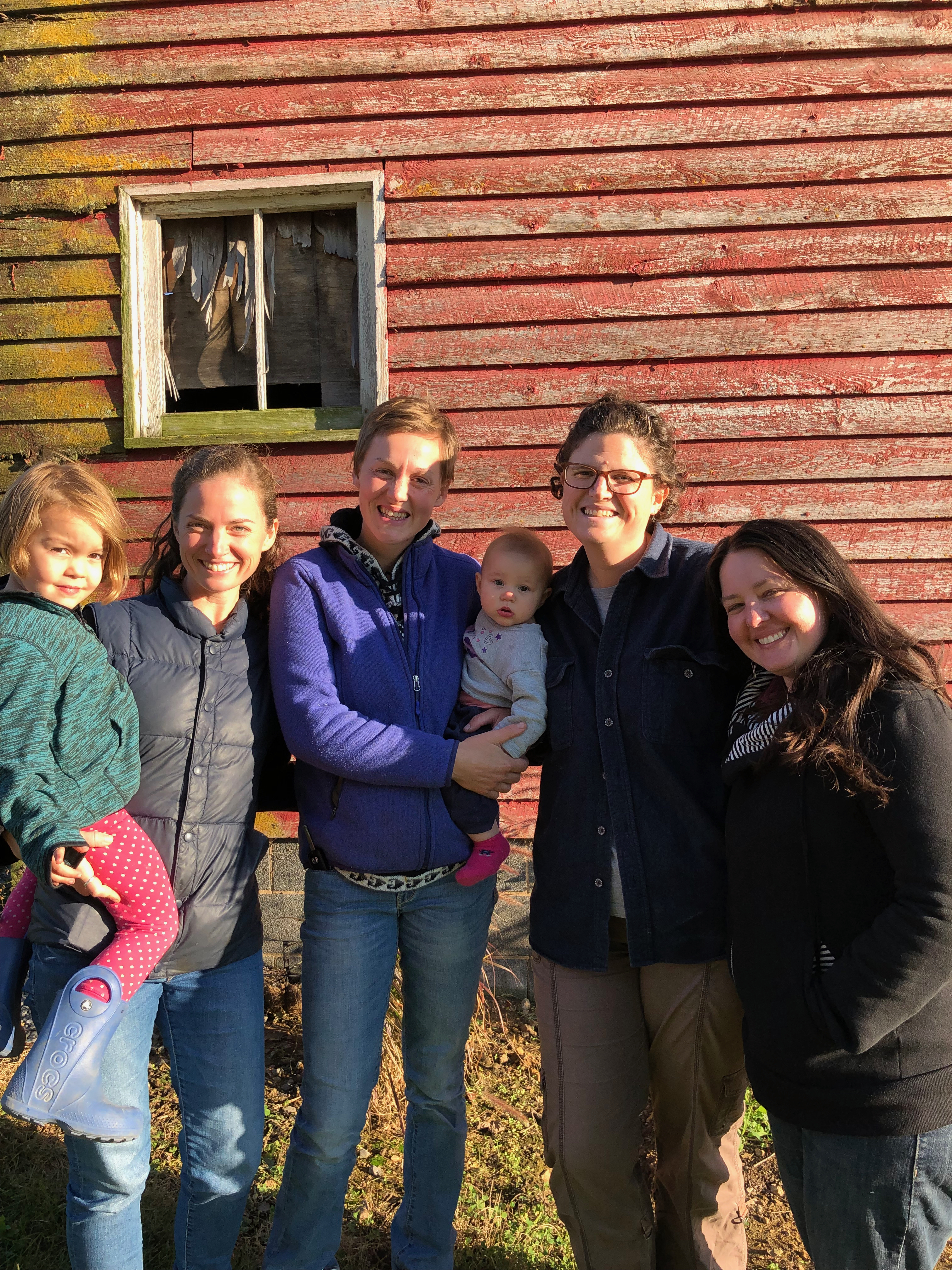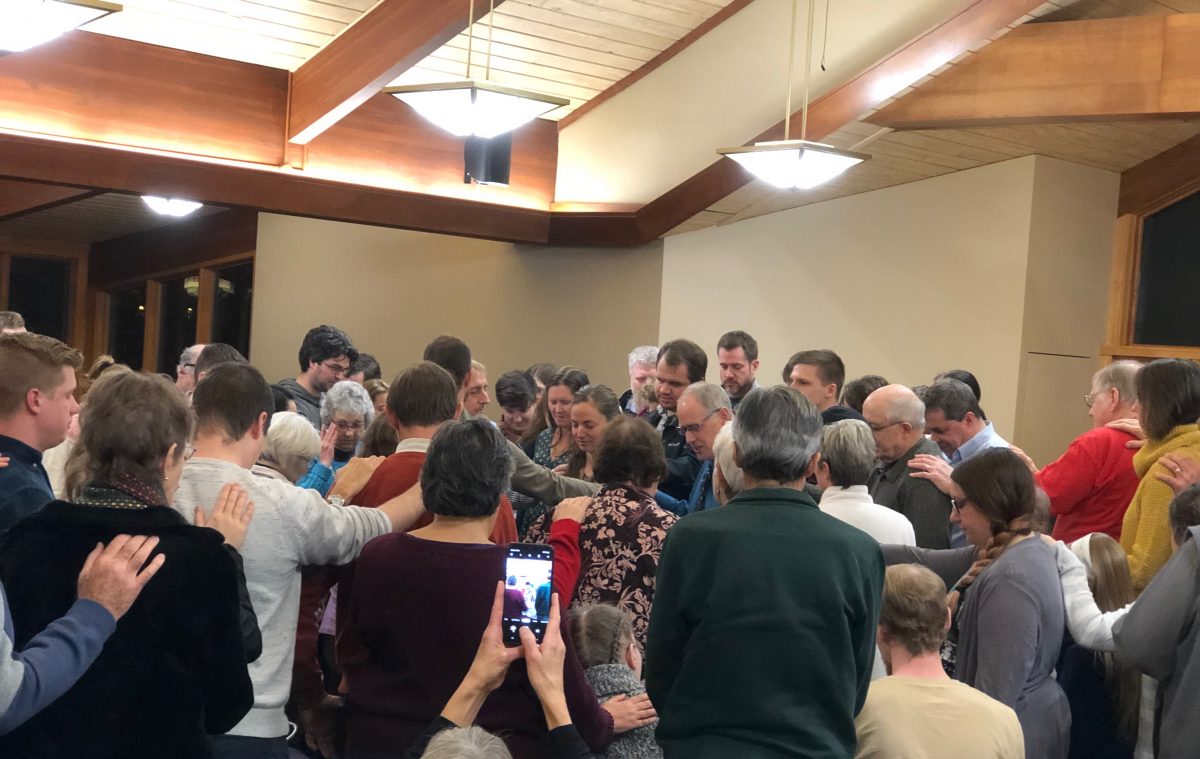To those women considering ministry, to those who feel a strong call to the Church but question the Church’s readiness for them, to those in the midst of interviews for a ministry position, to those who simply love the church, may your path be filled with friends who tell you over and over again: Your voice matters. Your strength is good. You set your boundaries. Your gender is an asset. You have all the power you need. Your sisters are there for you. Your dreams are a crucial part of the Gospel.
Your voice matters. You have experience. You have knowledge. You’ve been trained for this. You’ve rarely had the title that encompasses all you do. Some will question your experience, knowledge, and education, and they will question you for various reasons. It will feel like crap. You will have to keep giving evidence of why you’re legit. (You’ll resonate with the Black Woman proverb*: You have to work twice as hard to get half as far.) It will be exhausting. Especially in spaces where you’re the only woman, it will be really hard to speak up. Do it anyway, if you can. But remember you are also entitled to give yourself grace on the days you can’t.
 Your strength is good. Your strength will be intimidating. And the range of responses to it will be varied. Some will be caught by your assertiveness and want to dampen it. Don’t be surprised when others, including other (and usually, older) women, fear your strength and try to reassert the patriarchy. (These women are often blind to how they’re perpetuating patriarchy, pandering to the men they think they’ve got to keep happy.) Some folks, with whom you’ve established some level of trust, will acknowledge openly how your strength impacts them. They’re the ones who love you enough to see that your strength is a gift, even when they sometimes feel threatened by it. Love them and be gentle with them. (They’re human, too.)
Your strength is good. Your strength will be intimidating. And the range of responses to it will be varied. Some will be caught by your assertiveness and want to dampen it. Don’t be surprised when others, including other (and usually, older) women, fear your strength and try to reassert the patriarchy. (These women are often blind to how they’re perpetuating patriarchy, pandering to the men they think they’ve got to keep happy.) Some folks, with whom you’ve established some level of trust, will acknowledge openly how your strength impacts them. They’re the ones who love you enough to see that your strength is a gift, even when they sometimes feel threatened by it. Love them and be gentle with them. (They’re human, too.)
You set your boundaries, no one else. People will say things like, “I see you more as a friend than my pastor.” It’s great, as relational beings, to be seen as an “equal.” But you’re not. And that’s hard to explain, especially in power-illiterate communities. Find ways to explain your boundaries in simple terms, and stick with them (both the boundaries and the terms). Teach your congregation that pastoring isn’t something that you can just turn off. Also, ministry is political. It relies heavily on trust. And in political, trust-based communities, there are always power dynamics to talk about. Setting your boundaries means you’ve reflected on the politics of trust, and know how to leverage your power in ways that are beneficial for you and the community. (When you thrive, your community is likely to thrive. “As the leadership goes, so goes the congregation.”)
Your gender is an asset. Of course, your gender will “invite” all sorts of asinine comments, largely in the form of microaggressions. People will comment on what you wear, your tone of voice, your earrings, your haircut, etc. much more easily and frequently than what you say in your sermons or Sunday School lessons. It will take awhile, but you will learn how to respond more quickly and more effectively to these comments. You have the power to redirect conversations and to ask others not to comment on these things. You have the power to say no to unwelcome physical touch. You will shake and your voice will waver, but that’s okay. That’s the Spirit trying to make her way into the world.

You already have all the power you need, and the Spirit gives it to you freely. No one else can empower you. (Empowerment, as a thing, is really a sham, a ruse wherein oppressed folks are tricked into thinking they have to wait for power to be given to them by the culturally-powerful. You need no one’s permission to claim your liberation.) What you will need is people who create space for your flourishing, and who will reflect your commitment to celebrating everyone’s inherent dignity and power.

You need other ministering women in your corner. They’re a special breed with incredible capacities for empathy. They’re also wise and can spot when the patriarchy is trying to dupe one of our own. And they’re willing to wait for one another, check in with one another, and choose one another over institutions and even their favorite men in power. They’ll call out your crap and then offer to help add it to the collective compost bin.
Lastly, do not sell yourself short. Find spaces that offer you room to spread your wings, not ask you to clip them. Look for a church that actually believes in the good news of Pentecost, where your dreams and visions are welcomed as just that — new realities of collective healing and liberation for all (including you!)
*Brittney Cooper, Eloquent Rage, 60.

